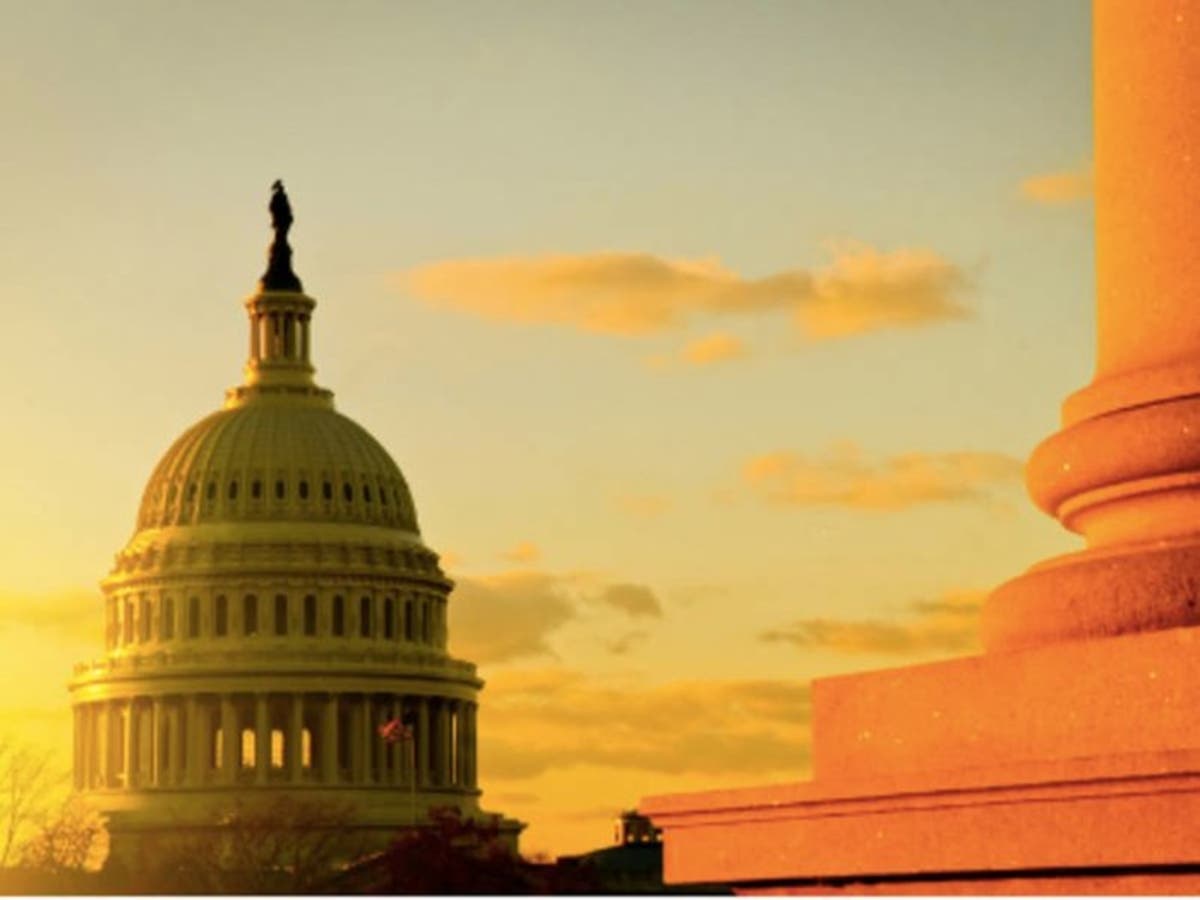Politics & Government
5 Ways Government Shutdown Could Hurt New Jersey
No tax refunds on time? You may be surprised to see how much the government shutdown could hurt NJ – and elsewhere. Here are 5 impacts.

Are we going to get a tax refund on time this year? Only time will tell.
The partial federal government shutdown is now into its second week, and could extend even longer if House Democrats and President Donald Trump continue digging in their heels over funding for a border wall with Mexico. But the potential impact is becoming clearer, and it's not good.
The shutdown doesn’t affect every state equally, but it could still hurt New Jersey and elsewhere in ways that could impact your wallet and your child's nutrition. Here's how:
Find out what's happening in Toms Riverwith free, real-time updates from Patch.
- The IRS has mostly stopped working, and those who are are mostly focused on security and technology, not on taxpayers' refunds. The IRS is not issuing refunds, updating tax forms or answering phone help lines during the shutdown, according to CBS News.
- If the government is not fully reopened and functional before February, millions of Americans –including thousands in New Jerseyans – who receive food stamps, or the Supplemental Nutrition Assistance Program (SNAP), could have their assistance temporarily disrupted, according to RLS Media. The U.S. Department of Agriculture, which oversees SNAP at the federal level, received $3 billion in emergency funding by Congress during the partial government shutdown but these funds are expected to deplete in February.
- The Special Supplemental Nutrition Program for Women, Infants, and Children (WIC) are not receiving federal funds during the shutdown, according to CBS News, but can continue to operate at the state and local level with any funding and commodity resources that remain available. WIC is provided for pregnant, postpartum and breastfeeding women, infants, and children up to age 5 who fall within the poverty index and are at nutritional risk, according to CBS.
- School and daycare food programs could run also into problems in February. The USDA says Child Nutrition Programs, including School Lunch, School Breakfast, Child and Adult Care Feeding, Summer Food Service and Special Milk, would continue operations through February, according to RLS.
- Immigration courts have closed, forcing judges to indefinitely postpone hearings scheduled months in advance, according to CBS. E-Verify, the government immigration system and database employers use to check and confirm that employees are eligible to work in the United States, is out of service during the shutdown.
Also, the historical lighthouse at Sandy Hook is closed during the shutdown but the park is open.
New Jersey is ranked as the 44th most affected state, sandwiched between Nevada and Massachusetts, according to a report published Thursday by WalletHub.
Find out what's happening in Toms Riverwith free, real-time updates from Patch.
Washington, D.C. unsurprisingly topped the list. The nation’s capital has the highest number of families receiving SNAP benefits, the authors noted, and it tied for first in highest federal contract dollars per capita and highest share of federal jobs.
The WalletHub researchers compared states based on five measurements, with the highest weight belonging to share of federal jobs and percent of families receiving food stamps. See full methodology here.
Here are the 10 states most affected by the shutdown, according to WalletHub:
- Washington, D.C.
- New Mexico
- Maryland
- Hawaii
- Alaska
- Virginia
- West Virginia
- Mississippi
- Alabama
- Arizona
Minnesota ranked as the state least affected by the shutdown, followed by New Hampshire, Nebraska, Iowa and Indiana.
The longest shutdown in American history was 21 days during Bill Clinton’s presidency. That impasse began in December 1995 and lasted into January 1996. When the government shuts down, some federal workers perform their duties but don’t receive a paycheck. Others receive furlough, essentially meaning a leave of absence.
Tens of thousands of workers in the FBI, Drug Enforcement Administration, Bureau of Prisons, Customs and Border Protection, Coast Guard and Secret Service are among those working for free at the moment, according to The New York Times. Most IRS operations have been halted and many national parks are closed.
Patch national staffer Dan Hampton contributed to this report.
Photo credit: Shutterstock
Get more local news delivered straight to your inbox. Sign up for free Patch newsletters and alerts.